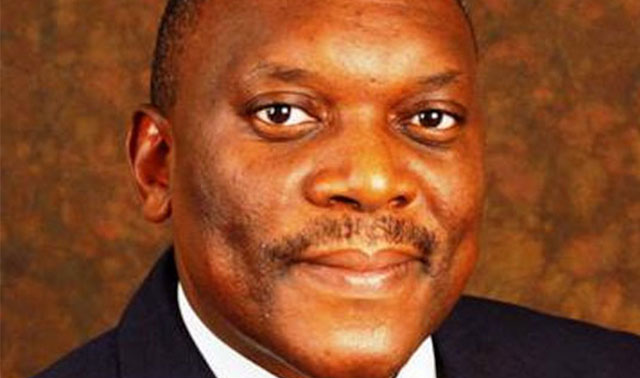 “There is no confusion in the ANC.”
“There is no confusion in the ANC.”
Those are the words telecommunications and postal services minister Siyabonga Cwele used in parliament this week to deflect criticism that President Jacob Zuma’s post-election decision to split the department of communications in two, creating Cwele’s department and a new communications department under minister Faith Muthambi, has created chaos.
But despite efforts by the two ministers to paint a picture of coherence, it’s clear there is disorder behind the scenes and an enormous amount of work — legal, regulatory and otherwise — still has to be done to deal with the split.
“The purpose of reconfiguring the state was to ensure a focused approach by this new department [telecoms and postal services] so we can achieve the objectives we have set out [under] the National Development Plan,” Cwele told MPs on Wednesday.
The opposition was having none of it. Democratic Alliance MP Marian Shinn said the department of communications was split on a presidential “whim” — in essence, to create a new “department of propaganda” housing the SABC, government’s communication arm, GCIS, and communications regulator Icasa — and that the rapid progress made under former communications minister Yunus Carrim had “hit a brick wall”.
Cwele this week tried to assure industry that progress will soon be made on one of the most pressing issues on his plate — the fraught process of migrating from analogue to digital terrestrial television — but his promises were met with intense scepticism.
The minister said he plans to publish government’s final policy on digital migration by the end of the month. That’s exactly 11 days from now, yet Cwele hasn’t indicated how he intends placating broadcasters MultiChoice and e.tv, which remain at loggerheads over whether the set-top boxes that consumers will need to receive digital TV should use a control system.
There’s a very good chance that MultiChoice will sue government unless there is a dramatic policy reversal on the control system, which seems unlikely. The pay-TV operator believes that including an encryption system in the set-top boxes that government intends subsidising for millions of indigent households will amount to unfair competition because, it claims, it will allow new pay-TV players to enter the market without the usual high upfront costs. The company rejected a draft policy crafted by Carrim and approved by cabinet in December that sought to carve out a middle ground. An ugly war of words then erupted with the former minister.
Cwele, of course, may have no option now but to forge ahead. Carrim was not successful in his mediation efforts, so the new minister may have no choice but to play his hand and appeal to the court of public opinion in an effort to fend off legal action.
If he’s not successful, the danger is that South Africa’s digital migration project will again be railroaded. The economic implications of a further delay are enormous. And it could take years longer to extend broadband to more South Africans.
There’s also the ignominy of failing to honour South Africa’s pledge to the International Telecommunication Union to complete digital migration by the middle of next year.

“The June 2015 deadline looms before us, and we dare not let our people down,” Cwele told MPs this week. If the minister genuinely believes there is any chance of South Africa meeting the deadline at this late stage, he has been misinformed. It’s not going to happen in the short timeframe now available. But he’s right to want to inject a new sense of urgency into the process. It’s long past time this issue was resolved.
South Africans can only hope that the president’s decision to split the department of communications isn’t going to detract from this and other crucial projects. Cwele’s colleague Muthambi has already created a task team to advise her on a range of issues, including — wait for it — digital migration. There is a risk of a turf war between the two departments.
“Who will direct digital migration? It will be the ANC government, because as the ANC government we act collectively,” Cwele told disbelieving opposition MPs.
“We are not a federal party. We are one national government, which acts collectively.”
Let’s see.
- Duncan McLeod is editor of TechCentral. Find him on Twitter
- This column was first published in the Sunday Times




